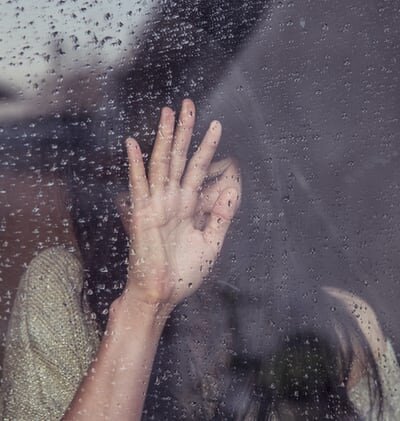
Today’s topic is about grief comparison. There is so much comparison in our lives, especially in grief. Your grief is different from everyone else. You can’t compare the depth of your grievance to the other person. Comparison serves a purpose in trying to understand from a place of trying to understand. Comparison is like a judgment of who has it worse or who is valid in their grief.
The experience of loss is going to be different for each one of us. Focusing on your own journey can help on your grief journey. We have the right to grieve no matter what happened. You are right where you need to be. And each step you take is a step forward. Just keep taking little steps every day. You are never alone on this journey.
In this episode Megan discuss:
Why are they feeling that way towards you?
Why are they doing so much better than you?
Are compassion and empathy finite?
If you are a grieving mother and looking for others who know the pain of child loss, come join my free Grieving Moms Community Facebook group: www.meganhillukka.com/community
Photo by Milada Vigerova on Unsplash















